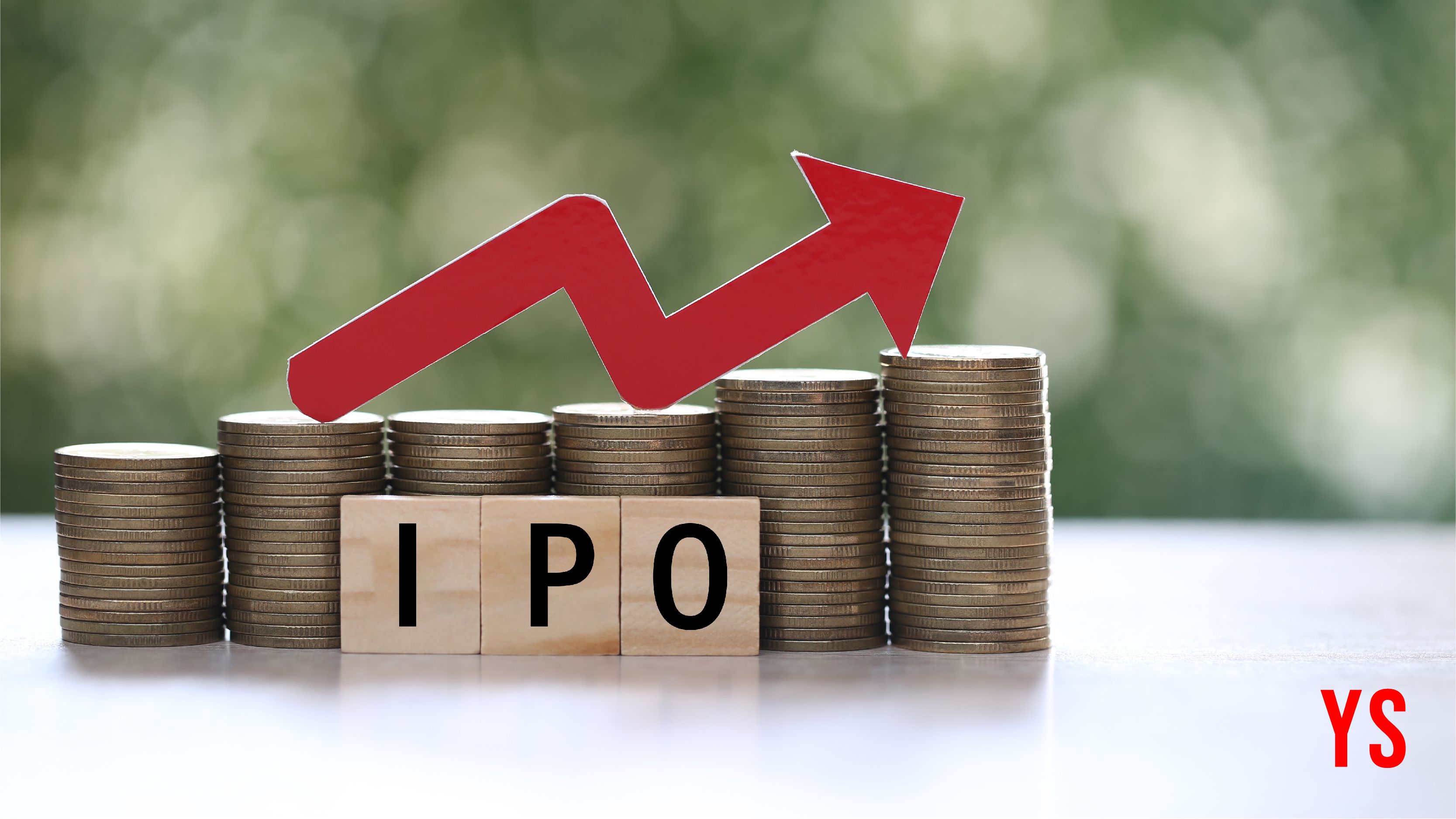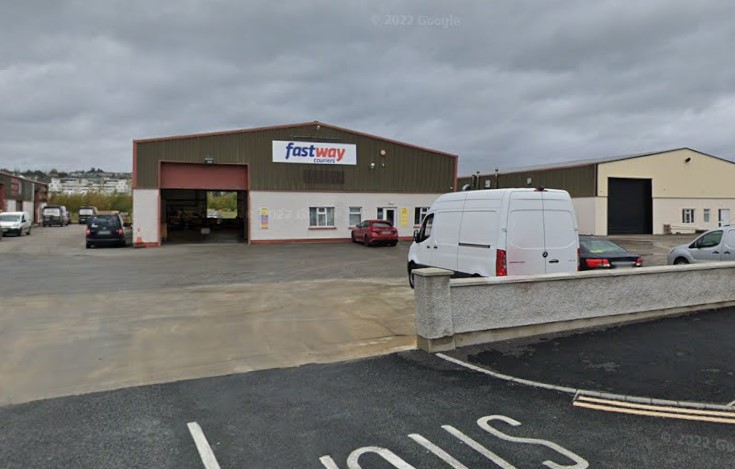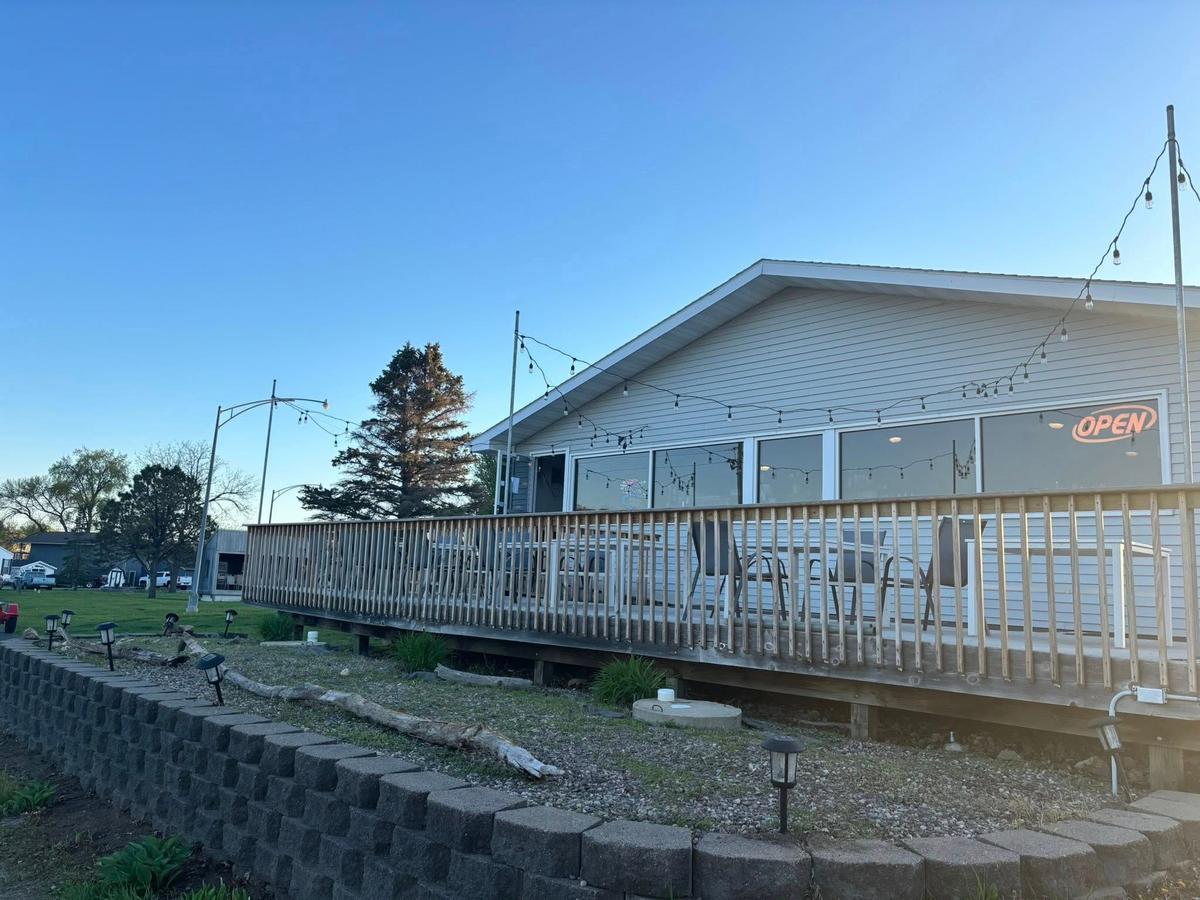Copyright yourstory

For Sandeep Singhal, Co-founder and Managing Director at WestBridge Capital, the readiness of a company to go public is defined by profitability and predictability more than valuation or investor appetite. Speaking at TechSparks 2025, alongside Indiqube founders Rishi Das and Meghna Agarwal, Singhal said most young companies operate in an environment of volatility where business models are still being refined and private capital governs key decisions. But the equation changes, he argued, once a company demonstrates both consistent profits and a clear, predictable growth trajectory. “Once the company passes that phase and gets to a place where it’s got two Ps—profits and predictability—once you get to predictability where you can steadily grow at a certain rate and are at a place where a common lay person can understand that this company makes profits, it’s in the founder’s interest to move from private to public investors,” he said At that stage, Singhal explained, a public listing allows founders to exchange a small pool of institutional backers for a broader base of investors. “They get rid of the chains they had around themselves in terms of providing exits to investors,” he said. “Some investors can even choose to change colour—from being private to public investors—like we have done in Indiqube. We haven’t sold a single share; we’re happy to be common shareholders with no exit rights.” WestBridge Capital is an investor in Indiqube. Using Indiqube’s recent listing as an example, Singhal said the company reached that point of maturity far earlier than many startups. “They would project the next two years, and they would come very close to what actually happened,” he noted, describing it as a rare sign of operational predictability To him, such discipline separates enduring businesses from those chasing scale without control. Early-stage volatility, he said, is natural—but sustained growth requires both financial prudence and an understanding of risk. “For a young company, volatility is natural. But once you hit predictability—when profits become repeatable and growth steady—that’s the point to invite the public in,” he added. Singhal’s remarks also reflect the broader shift in India’s maturing startup ecosystem—from chasing growth at all costs to building companies that can withstand cycles. He pointed out that founders who balance ambition with commercial restraint tend to last longer. “People who can bring control to their aggression are the ones who build durable businesses,” he said As Indian startups increasingly look to the public markets, Singhal’s message was unambiguous: the journey to an IPO isn’t about timing the market, but about building consistency. Profitability and predictability, he said, are not just financial milestones—they’re signals that a business is ready to stand on its own. (Edited by Swetha Kannan)



